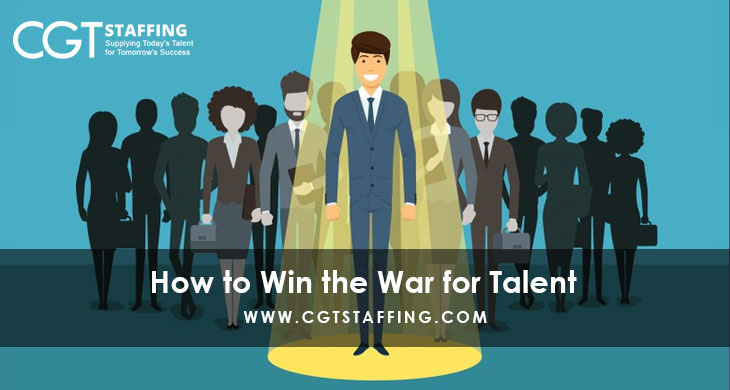There is no denying that the COVID-19 pandemic has quickly and drastically reshaped the 21st-century workplace. Whether the change will be permanent or not remains uncertain. However, people are still the focal point of most talent acquisition strategies in the post-COVID world. By definition, a workforce requires workers, regardless of whether they are working remotely, on-site, or otherwise. Until better automation tech emerges, the human resources factor remains a key ingredient for competing successfully.
In fact, contrary to the surge in unemployment when the pandemic first hit, many employers are now hiring aggressively before their competition can snap up quality talent newly available in the candidate market. With the margin for bad hires lower than ever and the need for quality, dependable workers at almost desperation-level highs, businesses need to step up their hiring efforts. Here are a few ways to supplement your existing hiring drives:
Table of Contents
Build and Sell a Strong Workplace Culture
Workplace culture is a very important factor for most prospective candidates. In fact, poor company culture can seriously harm your hiring efforts, reducing the applications you receive as well as the quality of applicants willing to consider you as an employer. Hostile and toxic work cultures are a surefire way to lose your best performers and reduce your capacity to hire new ones. This will inevitably lead to talent gaps, which can prove to be disastrous in sensitive areas, such as your data security or IT staffing needs.
Conversely, a solid work culture based on mutual respect, accountability, and trust is one of the best improvements you can make to your hiring efforts. You don’t necessarily need beanbags and ping pong tables. You should direct your focus more towards ensuring a safe, nurturing, and supportive environment, and sell it accordingly as part of your value proposition.
Pitch Your Employer Brand More Accurately
Your employer brand is another important factor that will impact the number and quality of applicants you usually see. The employer brand is a reflection of how you are perceived as an employer among prospective job seekers. A strong brand is always appealing, with candidates joining mostly for the prestige of working with a well-reputed employer, even if the compensation may not be what they initially desired.
On the other hand, a poor employer brand will likely discourage candidates from even applying. To attract high-quality talent, you may have to make up for a poorer brand by offering more compensation and benefits than the market norm. This can quickly lead to unsustainable payroll expenses, or worse – restrict you to workers who would likely leave you for an employer with a better brand. Moreover, your staffing agency may find it very hard to pitch you to their candidate pools.
Supplement In-House HR with Third-Party Services
In-house recruiters may be necessary for your line of work, but they are often limited by resources and multiple other responsibilities usually associated with the HR function. At a time when you should be focusing more on finding and retaining talent, it makes sense to supplement your in-house recruitment. You may be able to free up in-house resources to concentrate on retention while working with third parties like mortgage recruiters for your staffing needs. Specialized agencies can also help you drive down your cost for acquisition and divert the valuable savings to other processes that need more resources.
Offer an Outstanding Candidate Experience
The candidate experience can often make or break a successful hire. The modern-day candidate is usually pursuing opportunities with various employers. Just like any consumer with a multitude of options, a candidate will be looking for the best possible offer. If your candidate experience is lacking, the candidate may choose to go with a competitor for no reason other than that they offered a better one. You may have been a better employer in any other way, but the candidate experience sets the tone for the subsequent employee-employer relationship. A bad experience is going to reduce your chances of making a successful hire.
Use Specialty Recruiters for Key Technical Roles
Modern businesses often have key business roles that didn’t exist a few decades ago. Many of these are highly specialized technical roles, which may be outside the expertise of a general recruiter. Specialized recruitment firms, however, have a great deal of experience and a deep talent pool in the relevant area. They also have access to nationwide workforces, opening you up to a much larger set of candidates. Many also provide consultant roles such as vCISO services that may not always be possible for businesses in-house. These firms are motivated since their success ties in directly with yours. This makes them ideal third-party partners to win the war for talent.
